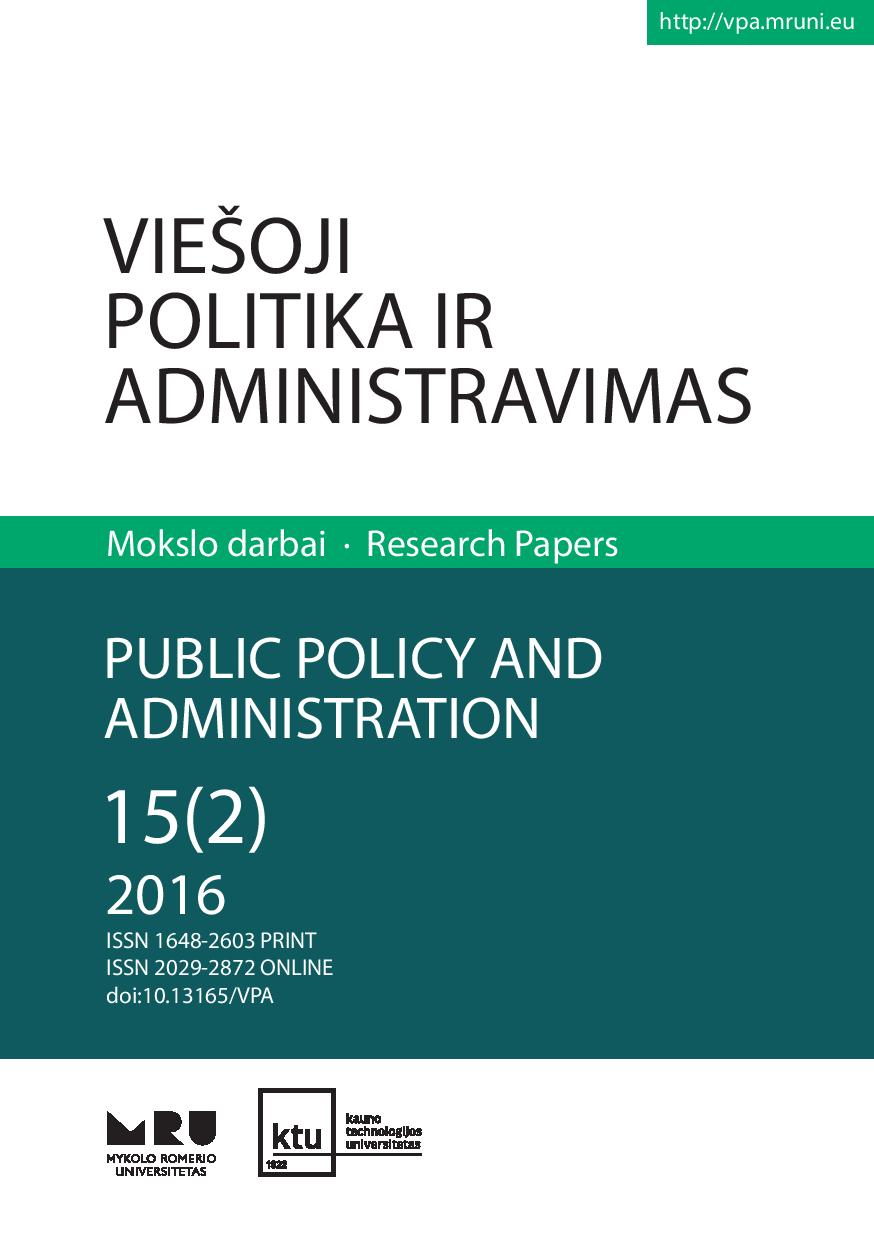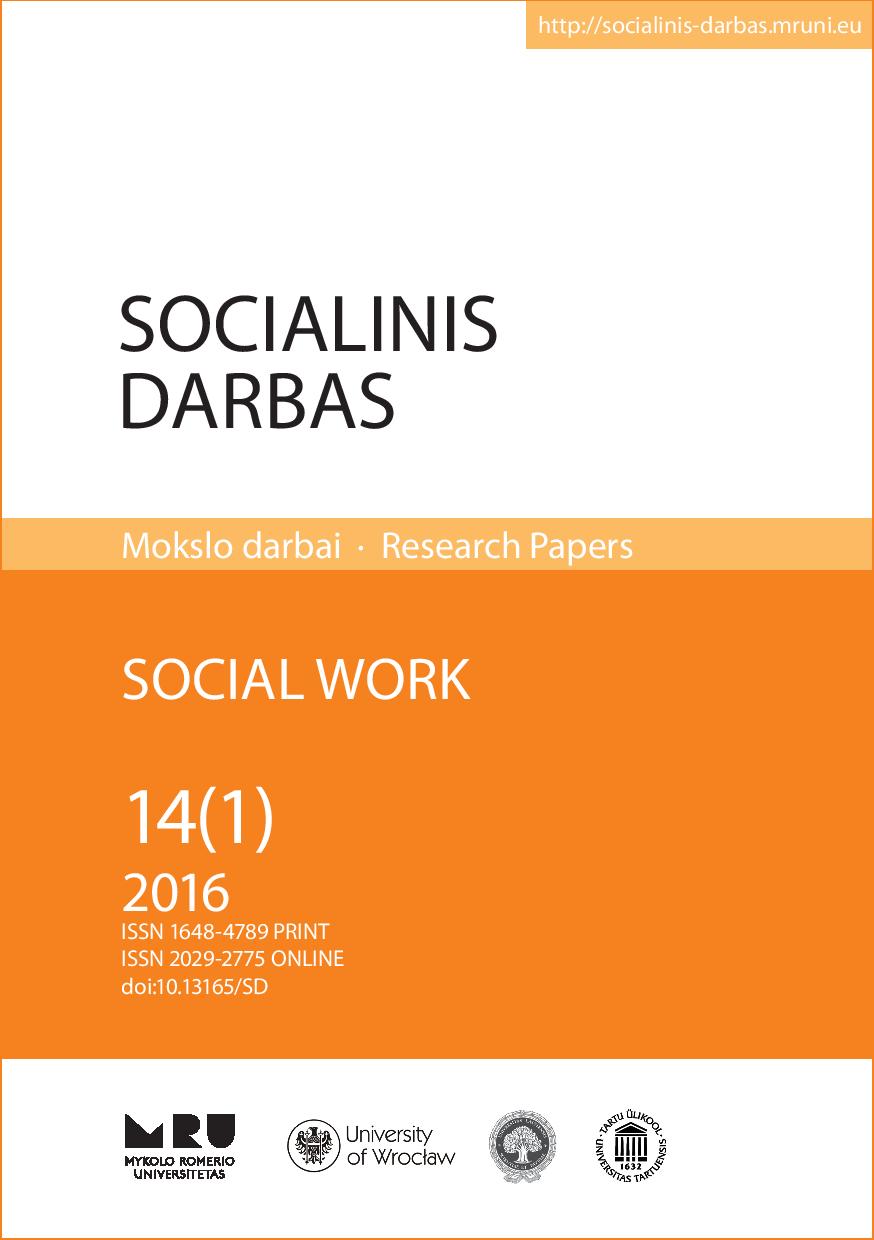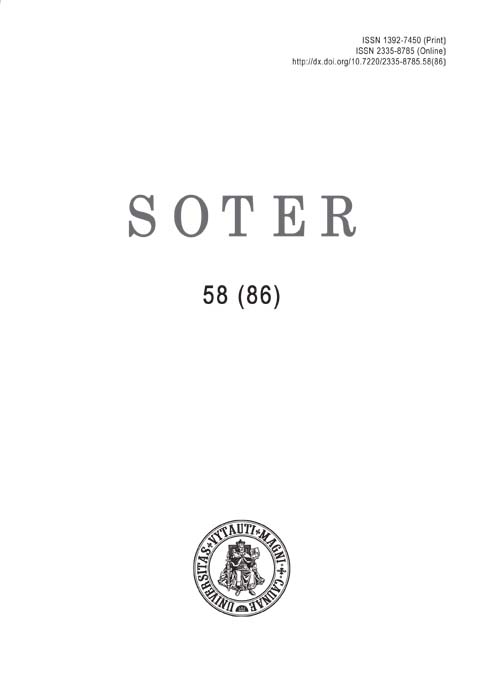
Different levels of performance evaluation – individual versus organizational
Skirtingi organizacijos veiklos vertinimo lygiai – individualus ir organizacinis
Keywords: performance measurement; performance indicators; effectiveness; individual performance; organizational performance; public sector
One of the biggest challenges for performance measurement is integration of different aspects of organizational performance, which are very different by their nature, are measured by completely different, not comparable indicators. Organizational and individual-level performance indicators, although naturally and organically linked, but, nevertheless, are measured in different dimensions, could serve as an example. Performance measurement, in one or another form, is spread across various management disciplines: Strategic management, Quality management, Process improvement, and Performance appraisal as a part of Human resources management. Organizational level indicators prevail in Strategic management systems, both organizational level and individual level performance indicators can be found in Quality management and Process improvement systems, and individual level performance indicators are dominant in Human resource management. The link between the indicators of these two levels is of particular importance, if they are not properly connected, employees’ motivation and compensation for work becomes quite formal and does not match overall goals of organization. The difference of the performance measurement in the public and private sectors is determined not only by the different nature of these sectors, but also by different historical traditions. Because of the complexity of the public sector organizations’ mission, private sector organizations’ performance evaluation can be regarded as an isolated case of performance evaluation in public sector organizations. Performance indicators should be clearly distinguished from the factors determining the level of performance, which are no less important, however, are often confused with each other. The first are used to monitor performance, the latter – to improve it. Individual level performance indicators could be more useful in searching the factors determining performance.
More...

